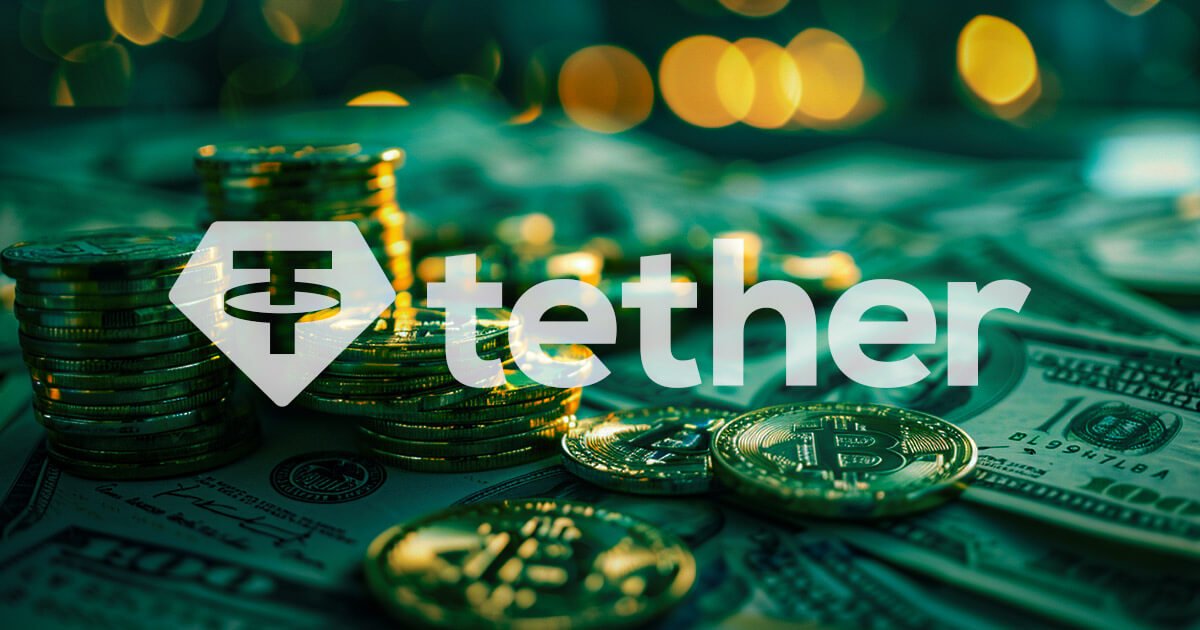
The Central African Republic (CAR) has introduced CAR, a memecoin project aimed at testing its potential role in national development.
President Faustin-Archange Touadéra announced the launch on Feb. 9 via X, describing the initiative as an experiment to showcase how a meme-based asset could bring people together, promote economic growth, and elevate the country’s global presence.
A video accompanying the announcement reinforced the government’s commitment to fostering a strong community around the project.
He added:
“As the second president in the world to adopt Bitcoin as legal tender, I have always recognized the potential of crypto and its benefits on a global scale.”
CAR memecoin
CAR is a memecoin launched via the Solana launchpad, Pump.fun.
On-chain data shows that it has a total supply of 1 billion tokens, with the top four holders owning around 76% of the supply.
Independent crypto investigator Stephen Findeisen, known as Coffeezilla, pointed out that the token’s structure mirrors that of the TRUMP coin—a memecoin associated with US President Donald Trump.
According to Dexscreener data, the token’s market cap peaked above $500 million within hours of its launch but has since retraced to $284 million as of press time.
Coinbase director Conor Grogan noted that this performance meant that the meme coin’s market cap was already equivalent to 20% of CAR’s 2023 GDP of $2.56 billion. If the token reaches $2.50, it would match the entire nation’s economic output. This has fueled a market-wide discussion about the token’s impact.
Controversies trail CAR
Despite the government’s backing, the memecoin has faced intense scrutiny from the crypto community.
Soon after its launch, the project’s X account was suspended, raising concerns about transparency. President Touadéra assured supporters that efforts were underway to restore it.
However, doubts escalated when the Persian-language account of crypto exchange CoinEx suggested that the promotional video featuring President Touadéra might have been generated using deepfake technology. This claim led to speculation that the project might not have official government endorsement.
Additional red flags emerged when crypto analysts discovered that the memecoin’s domain was registered three days before the announcement. This detail made many question whether a sitting president would be behind such an initiative.
The post Central African Republic’s CAR memecoin raises scrutiny appeared first on CryptoSlate.







